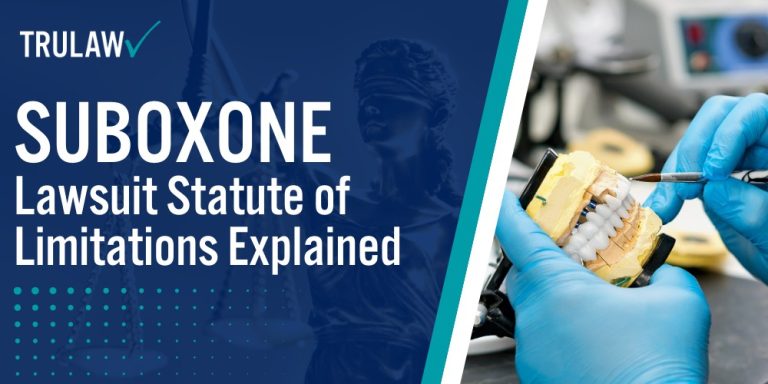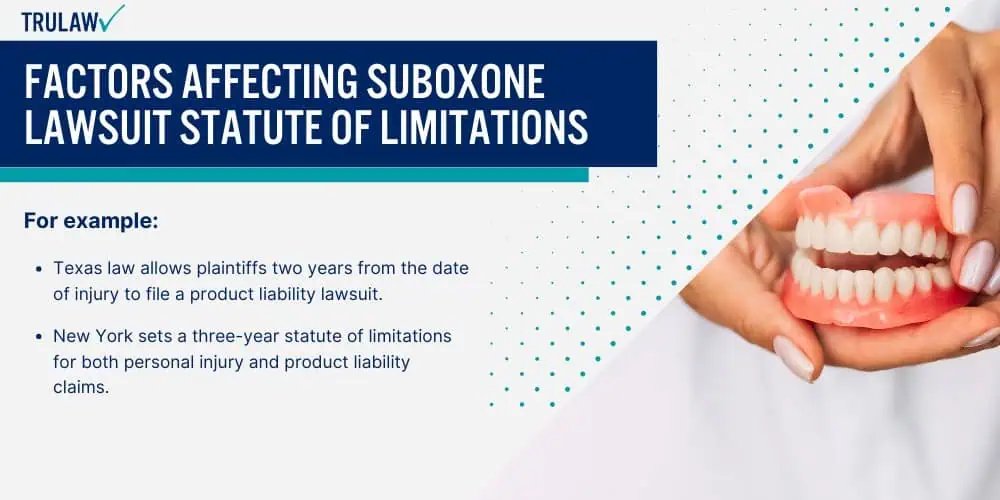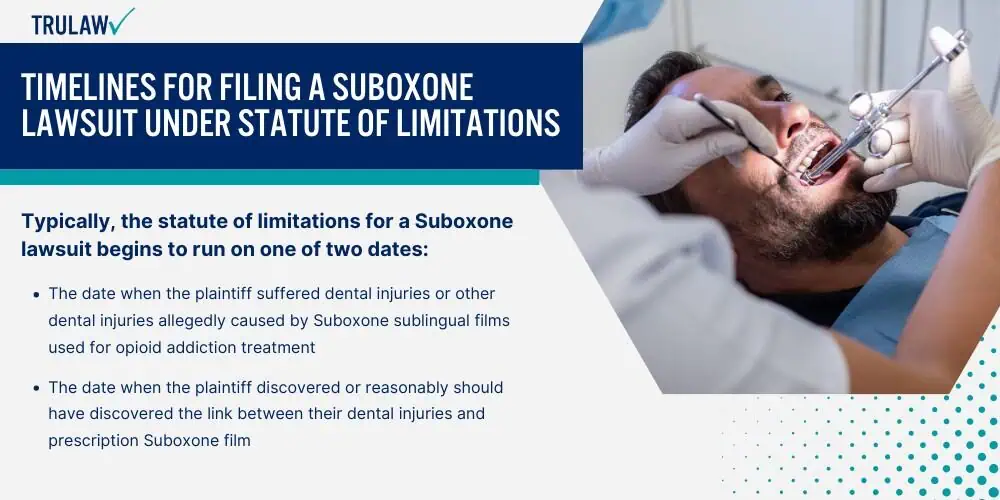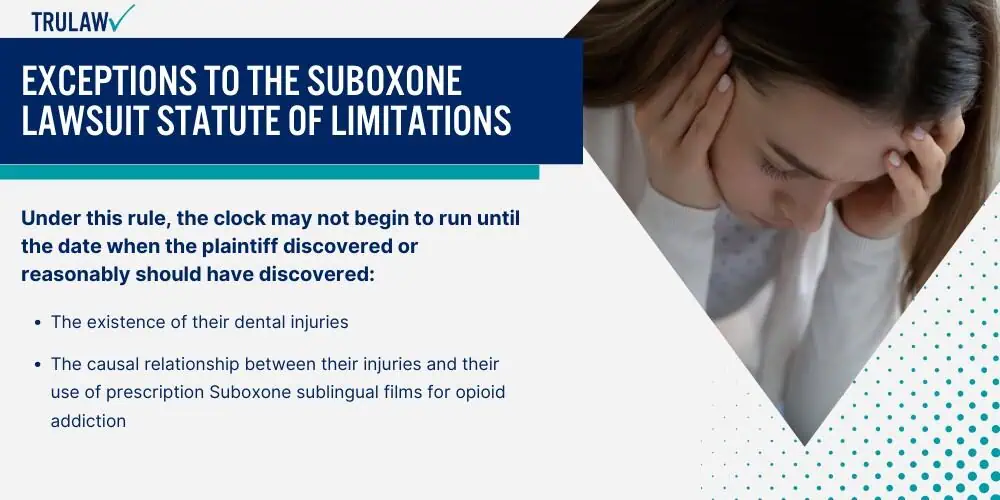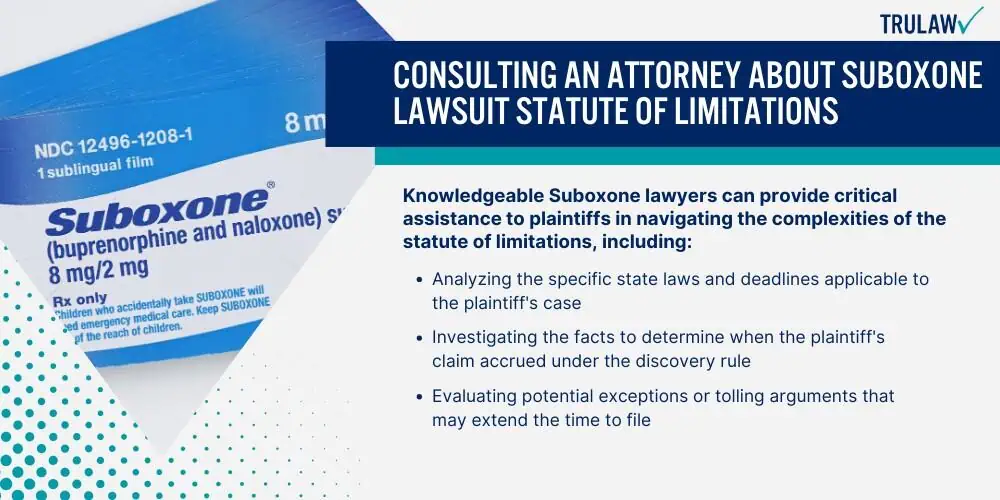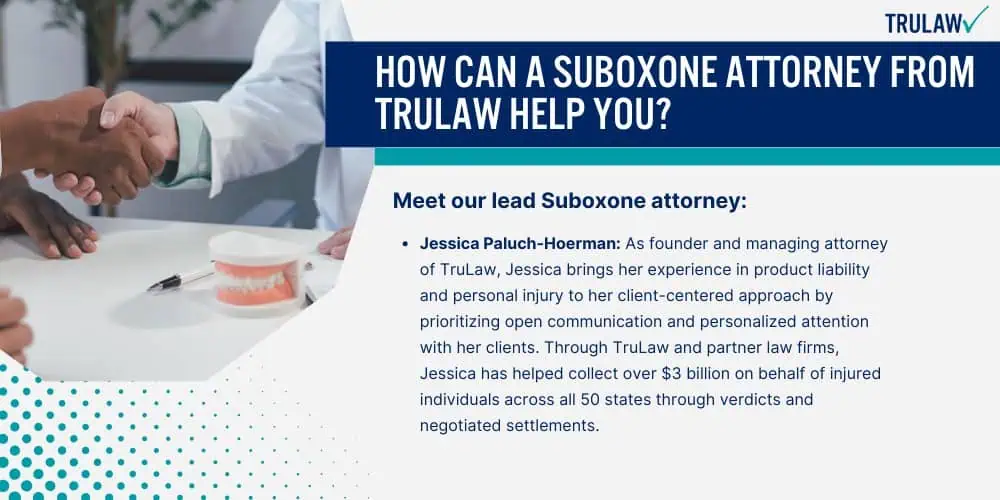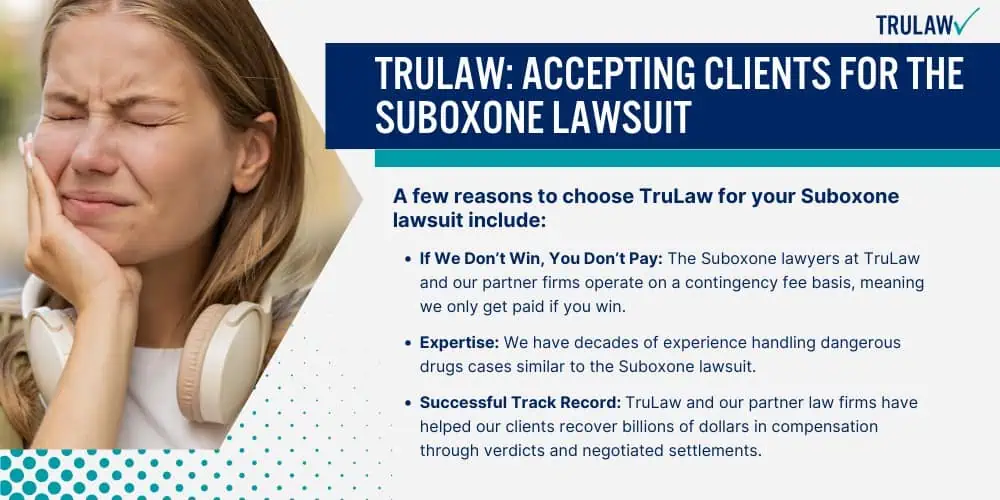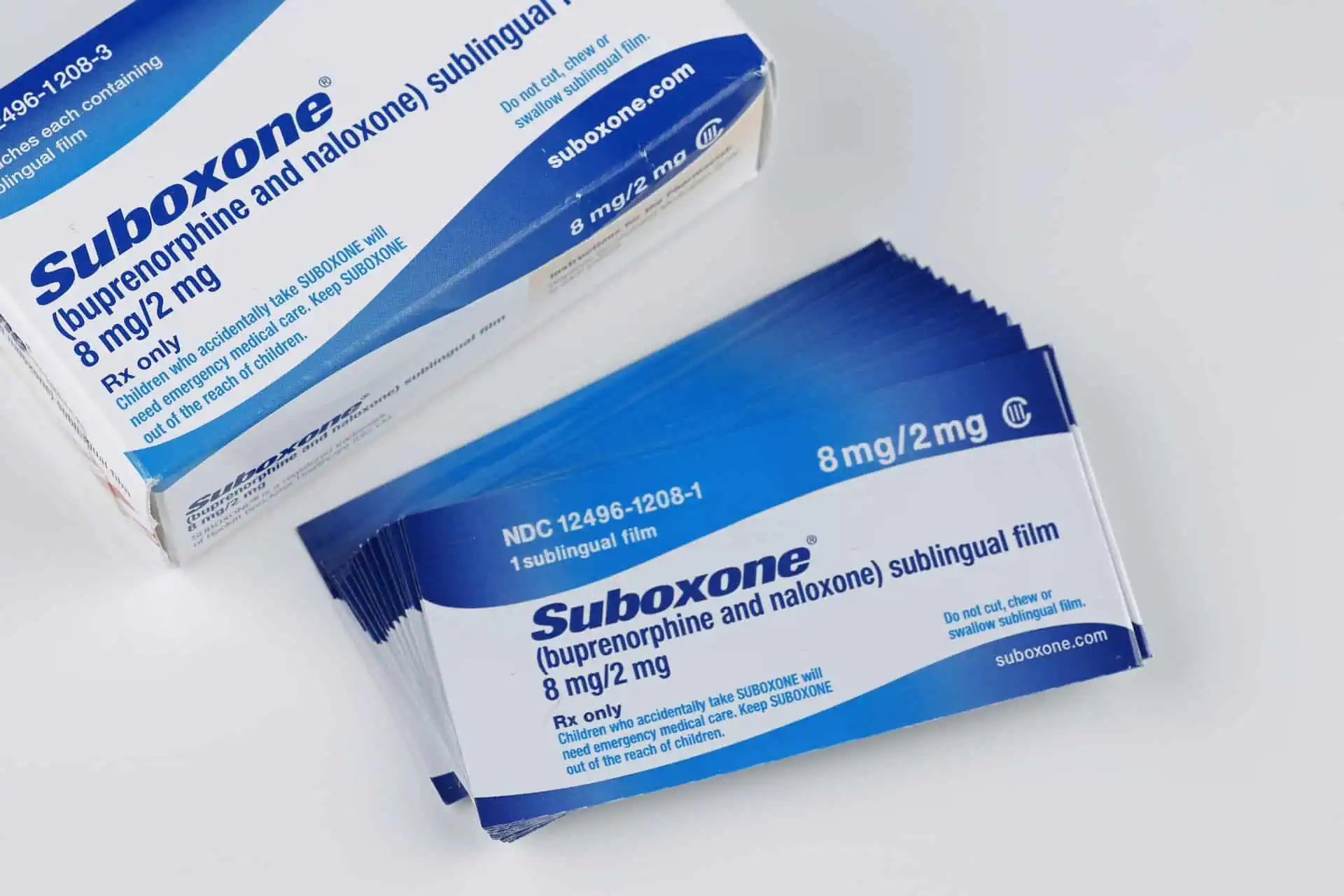When considering filing a lawsuit related to severe tooth decay allegedly caused by prescribed Suboxone used to treat opioid addiction, it’s essential to understand the concept of a statute of limitations and how it applies to your case.
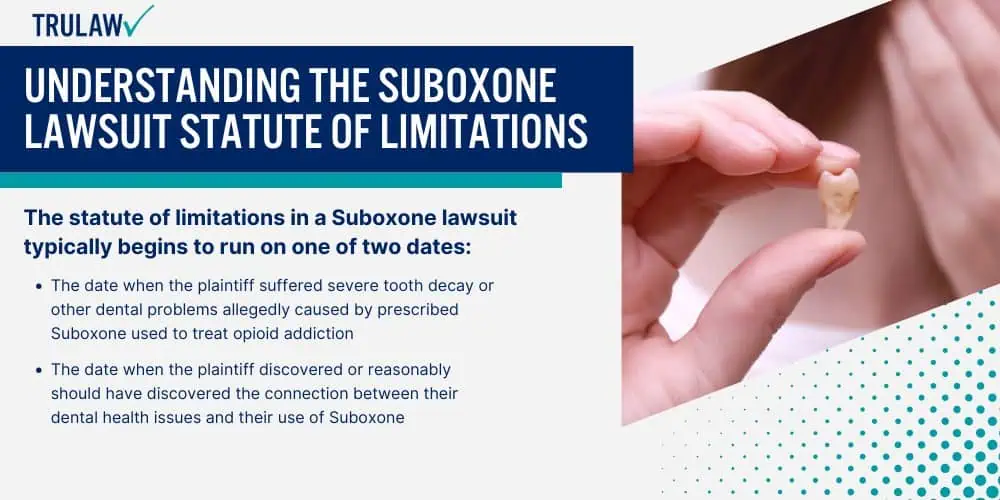
What is a Statute of Limitations?
A statute of limitations is a law that sets a time limit for filing a legal claim.
A statute of limitations aims to ensure that lawsuits are brought within a reasonable time after an injury occurs while evidence is still available and memories are fresh.
In the context of Suboxone litigation, the statute of limitations defines the deadline by which plaintiffs must file their lawsuits seeking compensation for dental problems such as severe dental decay, tooth extractions, and other dental health issues allegedly caused by the medication.
Statutes of limitations vary by state and type of claim, so it’s crucial to consult with experienced attorneys who can analyze the specific deadlines applicable to your Suboxone tooth decay MDL case.
How the Statute of Limitations Applies to Suboxone Lawsuits
In the context of Suboxone lawsuits, the statute of limitations serves as a critical timeframe within which plaintiffs must initiate their legal claims.
This period can begin either from the date the dental injuries, such as severe tooth decay or extractions, first occurred, or from when the plaintiff discovered, or should have reasonably discovered, the link between their dental health issues and Suboxone usage.
The “discovery rule” is particularly important as it may allow for an extension of the filing deadline if the connection between the dental problems and the medication was not immediately evident.
The statute of limitations in a Suboxone lawsuit typically begins to run on one of two dates:
- The date when the plaintiff suffered severe tooth decay or other dental problems allegedly caused by prescribed Suboxone used to treat opioid addiction
- The date when the plaintiff discovered or reasonably should have discovered the connection between their dental health issues and their use of Suboxone
In some cases, the “discovery rule” may extend the time for filing a lawsuit if the plaintiff’s injuries or their link to Suboxone were not immediately apparent.
Individuals considering a Suboxone lawsuit must act quickly and consult with knowledgeable attorneys to ensure that their claims are filed within the applicable statute of limitations.
Failure to file a lawsuit before the deadline expires can result in the permanent loss of the right to pursue compensation for dental problems allegedly caused by prescribed Suboxone.
At TruLaw, our experienced attorneys are well-versed in the state-specific statutes of limitations that apply to Suboxone litigation.
We can help you understand the deadlines for your case and work to protect your legal rights as you seek justice for the severe dental decay and other dental health issues you have suffered.
If you or a loved one has experienced tooth extractions, severe tooth decay, or other dental problems that you believe may be related to prescribed Suboxone used to treat opioid addiction, contact TruLaw today for a free consultation to discuss your case and learn how we can help you navigate the statute of limitations in your Suboxone tooth decay MDL litigation.
